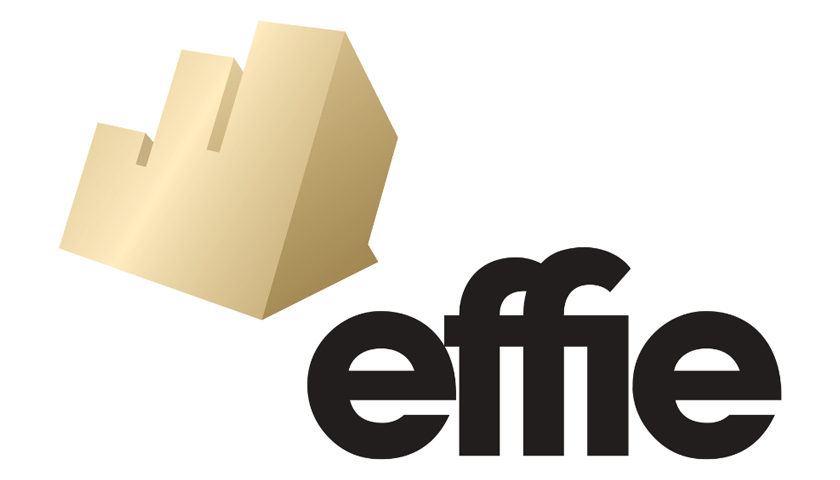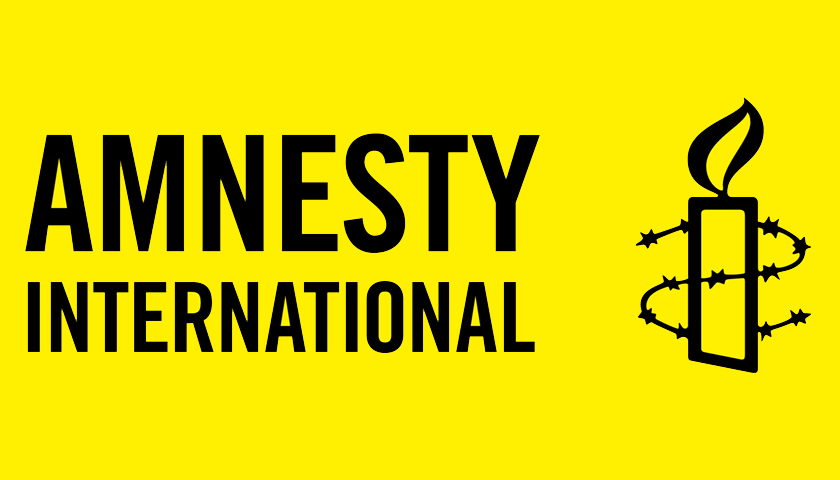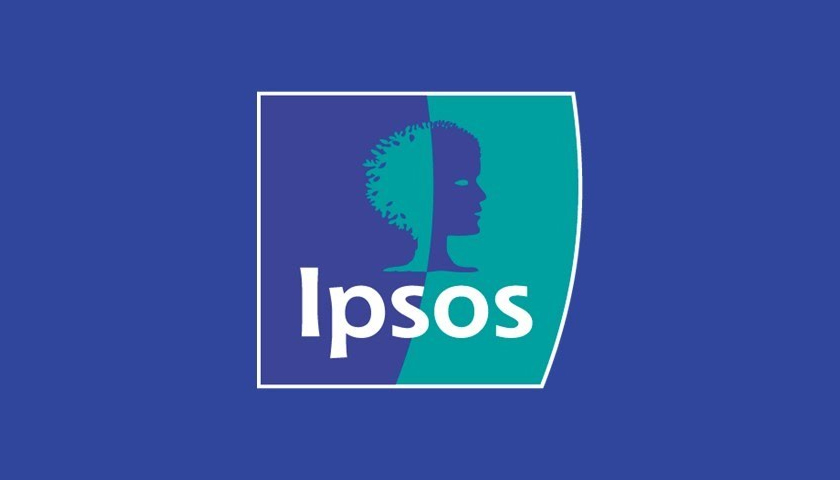Crisis as a catalyst for growth is a key theme for effective campaigns, according to a report released today by Effie UK in partnership with Ipsos. This report analyses the very best ideas that work from the latest UK Awards Winners alongside some of the finalists from the 2022 Global Best of the Best competition to illustrate wider trends apparent in the home grown winners. Here are the 5 key learnings for creative effectiveness from the report:
Be ready for a crisis with a long-term strategy
The report found that winning entries and finalists that were successful through a crisis share a common response: long-term brand-building campaigns with empathy at their core. Some campaigns did this by winning back consumer love and trust, such as Tesco with its long-running “Food Love Stories” campaign and McDonald’s which stuck with “I’m Lovin It” for over 15 years.
As crises have become a permanent condition, brands must be ready with a long-term strategy. Whichever crisis they were addressing, Effie winners all showed it is rare to resolve anything within a year. The Sustained Success category accounted for 47% of winners.
Maintain spend through a crisis, with a clear eye on driving revenue
More than half the effectiveness winners (53%) stated maintaining or growing revenue as their primary objective, while across entries overall, the emphasis was on volume. Winners showed the clear benefit of continuing campaigns through a crisis. Well planned, creatively executed campaigns focused on growth do reward those who keep spending.
Social good isn’t just a ‘nice to have’
Some of the most effective campaigns have social good at their heart, addressing issues such as diversity, inclusion and equality. The report found brands do have the power to change behaviour that impacts society for good, but aligning the campaign with existing brand attributes is key. The Positive Change: Social Good category accounted for 20% of winners.
Build a continuous learning cycle
Creating a continuous learning cycle allows marketers and agencies to flag and identify brand issues, understand the whys from qualitative research, and inform creative development. The analysis makes this clear: finalists and winners use research to a greater extent than entrants. Tracking was used for 73% of winners (33% of overall entries); focus groups for 47% of winners (41% overall); and copy testing for 20% of winners (8% overall).
Subvert conventions
The analysis showed that playing with the norms is key to success, as evidenced by winners such as Aldi which beat the giants of Christmas advertising, such as John Lewis and Coca-Cola, with its long-running mascot ‘Kevin the Carrot’.
Juliet Haygarth, Managing Director at Effie UK, said: “When all is said and done, effectiveness is simply success quantified. Whether driving revenue, or successfully campaigning to amend a law, all of the cases featured in this report prove marketing’s ability to drive tangible growth and change. Contained within each and every one are little slices of relevant learning marketers can use to meet the challenges their brands’ face right now.”
Eleanor Thornton-Firkin, UK Head of Creative Excellence, Ipsos, said: “I don’t know about you but for me the past few years have really brought it home that both in our wider lives and at work we are always in the midst of one crisis or another. There is, however, one constant through the turbulence and that is that creativity thrives on the constraints and challenges that a crisis throws up. Year after year we see in the awards themselves the brilliantly thought through and inspiring work that delivers effectiveness for the brands that are willing to engage and build in a crisis.”
To download the full report, click here.
New Effie UK Report, in partnership with Ipsos, reveals that a crisis can be a catalyst for growth



[…] Source link […]